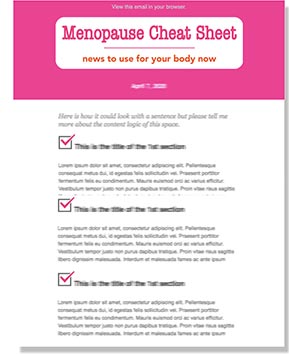
We’re in midlife. And we need money.
If you don’t have a plan . . . it’s time to think about creating one. We don’t want to be in our 50s, 60s and beyond without enough money to live a good life.
Where to start?
First, understand that even the most savvy, well-respected financial gurus don’t know what the future holds. Will real estate values go back up to their prior levels? Some think so, most think not . . . but, really we don’t know. And the stock market? It will continue to go up and down as it always has, according to Jason Zweig, one of the experts I consulted for THE BEST OF EVERYTHING AFTER 50 and a Wall Street Journal columnist. Jason also strongly urged us to consider working with a professional — a financial planner.
Do you need a financial planner?
Both Jason Zweig and Jane Bryant Quinn, best-selling author and one of this country’s most respected authorities on personal finance (and a key expert in THE BEST OF EVERYTHING AFTER 50), strongly urge us to find a trusted financial planner we can work with for the long term. A financial planner can help us with our “life plan” and make sure we stick with it.
Don’t have one, and not sure how to find one? Jason and Jane suggest asking friends and family for suggestions. If that doesn’t pan out, contact the Garrett Planning Network (a highly regarded network of fee-only financial advisers who offer their services on an hourly, as-needed basis, which will keep your costs way down.) Another option is to contact Michael Axelrod, a key financial expert in my book, and a fee-only financial advisor associated with Northwestern Mutual. Michael can work with you on your plans or suggest someone who can. (mike.axelrod@nmfn.com)
You can do your own planning, but I urge you to get a professional to help — at least in the beginning — especially if there have been recent changes in your financial status (job loss or change, illness, and so on).
Whether you work with a planner or take the DYI route, having a plan will bring financial clarity to your life, and peace of mind. To help you get started, here are a few “back to basic” tips that Jane Bryant Quinn strongly urges us to follow and which she follows herself. They are:
- Tighten Your Belt — stop spending and don’t live above your means
- Stash It Away — Put as much money as you can into your 401K and other retirement plans
- Hands Off the House — Stop yourself from tapping into your home equity for cash
- Cut the Cord — Stop helping your adult kids. Put money into your retirement fund first, and then the college fund
- Stay Healthy — This generation of “after 50s” will most likely have to work many more years than we had expected, so we want to get and stay healthy
We can’t see the future. But we can plan for it.
Best of Everything,
Barbara





























































